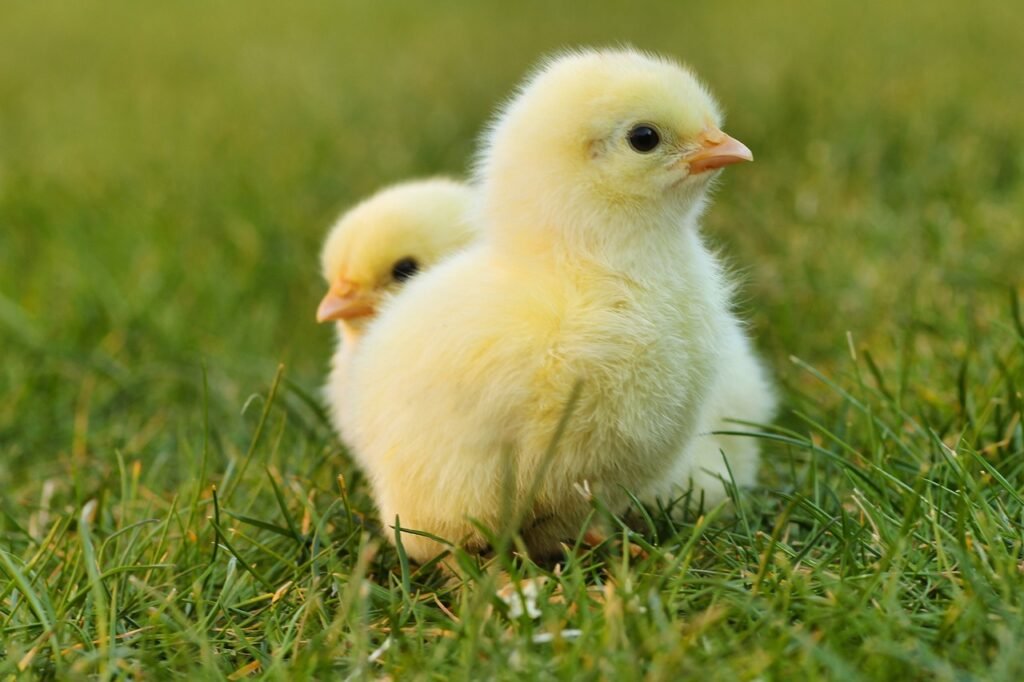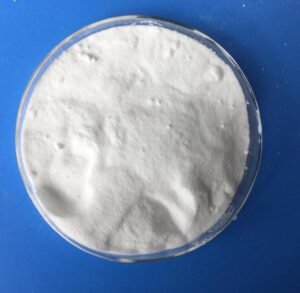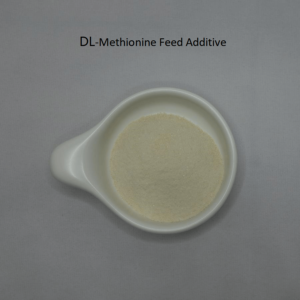DL-methionine is an extremely important amino acid needed by animals, which is known as “life amino acid”. It is the first limiting amino acid in corn-soybean meal-based poultry diet and an essential amino acid for pigs and livestock. DL-methionine is used to synthesize animal proteins and contributes to the development and healthy growth of the digestive tract. In addition, it also has the functions of providing active methyl group, active hydroxyl group, improving immunity, increasing poultry muscle quality, feather development, increasing laying rate and reducing nitrogen emission from livestock.

DL-methionine can not be produced in animals, and the content of DL-methionine in natural forage is insufficient, so it can only be added artificially to meet the growth needs of animals. Lack of DL-methionine in livestock and poultry will cause stunting, weight loss, weakening of liver and kidney function, muscle atrophy, fur deterioration and other problems. The amount of DL-methionine added in the feed is 0.05% Mel 0.2%. When the addition is too much, it is also toxic and inhibits the growth of animals.

In general, the right-handed amino acid is ineffective in biochemistry, and DL-methionine is the exception. Because there is an enzyme in the organism that can convert D-methionine to L-methionine, so D-methionine has the same biological activity as L-methionine. At present, the main methionine additives used in animal production are: methionine, methionine hydroxy analogue, methionine hydroxy analogue calcium salt and protective methionine used in ruminants.






